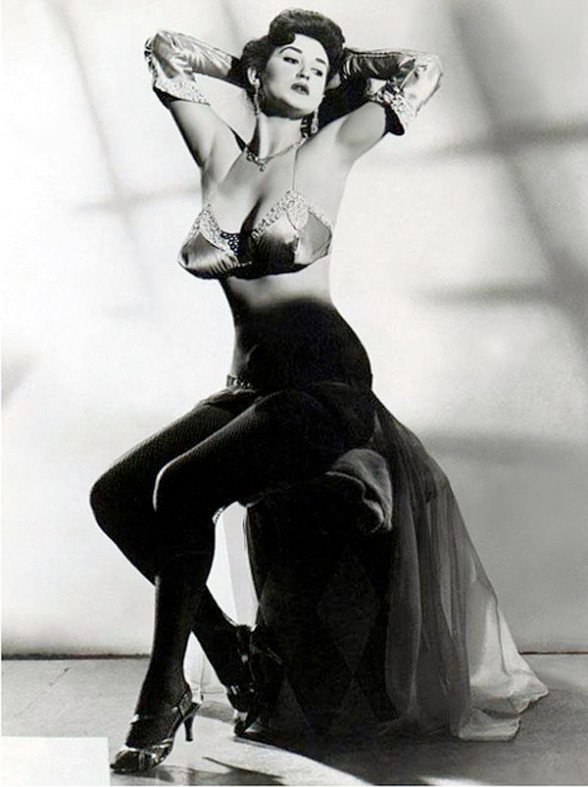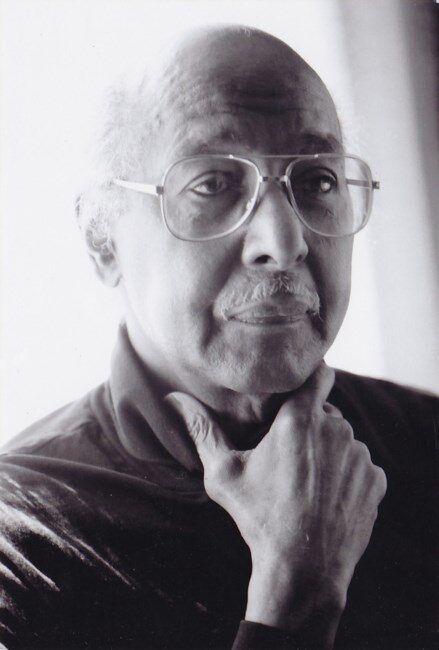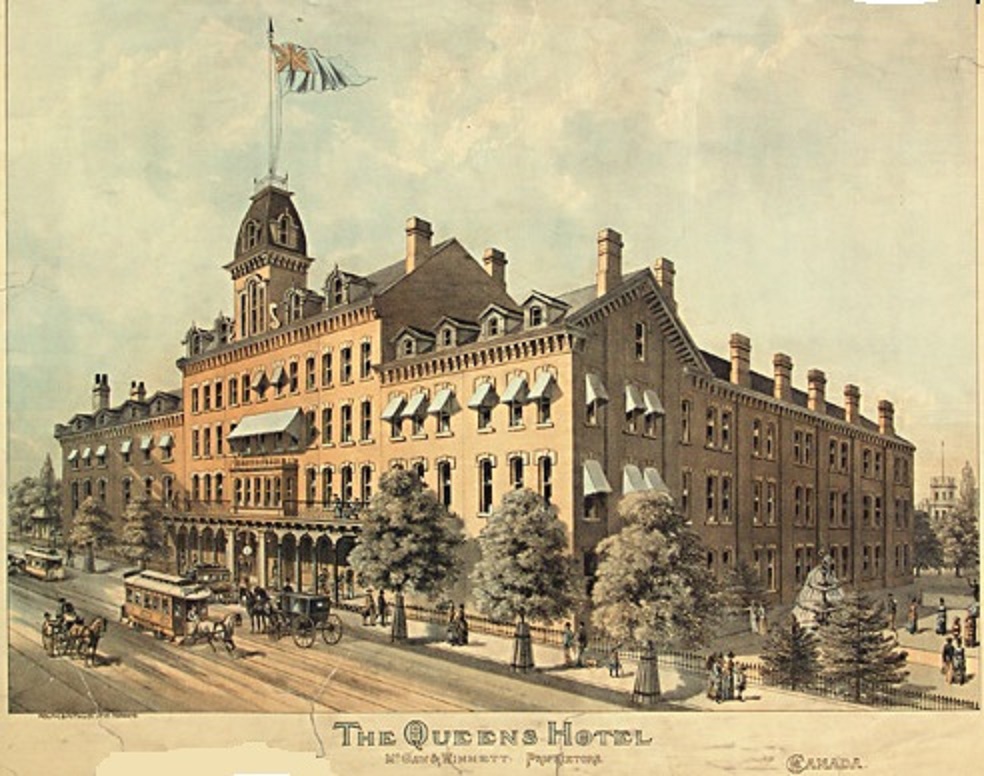By Bruce Bell, History Columnist –
On May 28, 1961, an earth-shattering event occurred that will be remembered as a watershed moment when Toronto, for all its stuffy professed Victorian morality, started to shift.
On that date the great queen of the burlesque, Cup Cakes Cassidy, so named for her ample figure of 48-22-38, took to the stage and became the first stripper to shed her clothes on a Sunday in Toronto.
At one time not only was stripping forbidden on Sundays, but also shopping, pro baseball games, movies, restaurants and live theatre. ANY form of commerce or entertainment was prohibited.
The big department stores, Eaton’s and Simpson’s, had to install curtains on their exterior display windows, as window shopping on Sundays was also seen as morally wrong. The so- called Lord’s Day Alliance (to encourage church attendance) wouldn’t even allow the $25 prize for best bonnet in the annual Easter Day Parade to be handed out at Sunnyside Beach.
But after World War II things started to ease up, and by 1950 playgrounds were unlocked and the ban on spectator sports was lifted.
Still, going to the movies or seeing live theatre on Sundays was another matter. Many Torontonians headed to Buffalo for a weekend of cheap thrills.
Toronto theatre owners, realizing what a huge dent in profits Sundays entertainment bans created, managed to get a referendum on the municipal
election ballot on December 5, Torontonians voted overwhelmingly
in favour of permitting movies and live theatre on Sundays.
However, this led to a dilemma. As it was now respectable and legal to see Cecile B. DeMille’s epic movie The Ten Commandments on a Sunday, would it also be acceptable to see strippers?
Ironically, months of moralistic public debate aroused the interest of press and public in the art of the striptease, resulting in booming business for once illicit burlesque theatres.
Beginning in the 1880s family- friendly live vaudeville shows became the preeminent form of entertainment in North America for half a century. But the dawn of talking motion pictures in the 1930s saw the decline of vaudeville, which in turn led to the rise of more bawdy burlesque shows.
Soon what was once billed as an innocent ‘fan dance’ became more provocative – and with that, ticket sales began to soar.
Tame by today’s standards, stripping in the 1930s and ’40s didn’t show the audience all the dancers had, but what the audience thought they had. Baring breasts during this time wasn’t legal, so dancers relied on flesh coloured pasties to stay within the law.
Toronto had three large burlesque houses: the Casino (opened c1930) on Queen Street (now the site of the Sheraton Centre), the Lux (opened 1959) on College near Spadina and the Victory Burlesque (1961) on Spadina at Dundas. From 1930 to 1960 was the golden age of burlesque, and the queen of the striptease then was Cup Cakes Cassidy.
New Jersey-born, Cup Cakes (real name, Alice Cassidy) had achieved stardom at 19 after becoming a stripper two years earlier. With her husband as her manager, she earned about a thousand dollars a week in a time when $10,000 could buy a three-bedroom house in Don Mills.
To celebrate the new law al- lowing Sunday performances, Lux owner Elliott Abels brought in Cup Cakes, then North America’s most famous strip tease artist, for a special one day, four-show engagement.
The Globe and Mail reported, “The whistling and stomping reached deafening proportions as, bit by bit, the six-foot-tall brunette seductively shed her elaborate, jeweled gown.”
Two years after Cup Cakes left town, topless female go-go dancers were featured in local taverns like Yorkville’s Mynah Bird. The Yonge Street strip, once a pleasant place to meet Aunt Agnes for afternoon tea, began its decline into a myriad of upstairs massage parlors and backroom strip clubs.
Cup Cakes’ big show at the Lux would also pave the way for the musical HAIR at the Royal Alexandra Theatre in 1967 with its all nude scene and message of love not war; which lead the way for John and Yoko to feel comfortable enough to stay in bed all day at the King Eddy in 1969; which subsequently predated the demise of the Ontario Film Censorship Board in 1985. Now, of course, we have most the liberal state of them all: a generally uncensored internet.
To Cupcakes Cassidy, wherever you are, I salute you!




